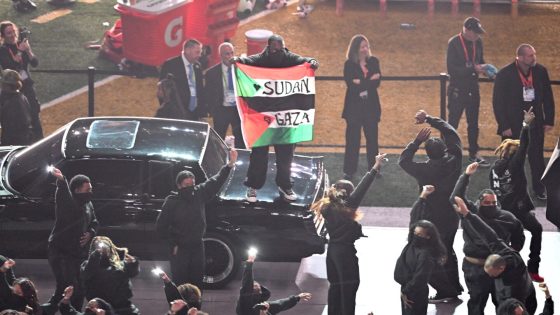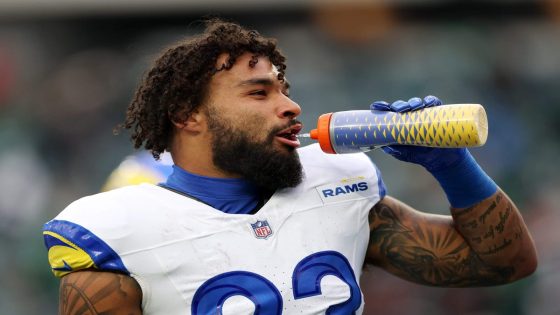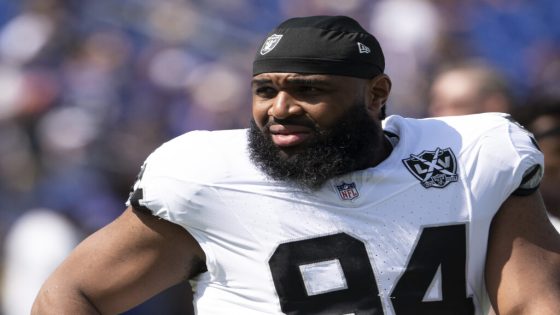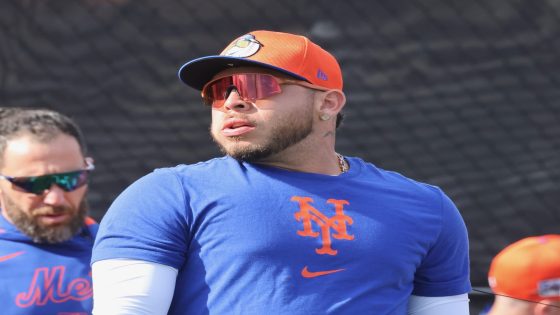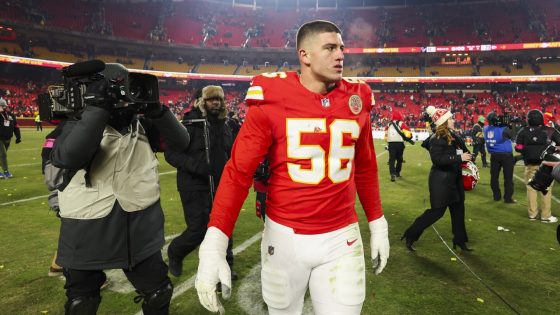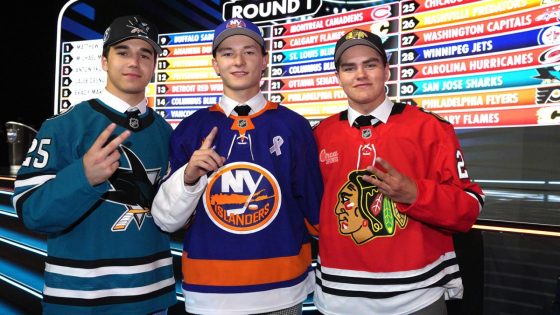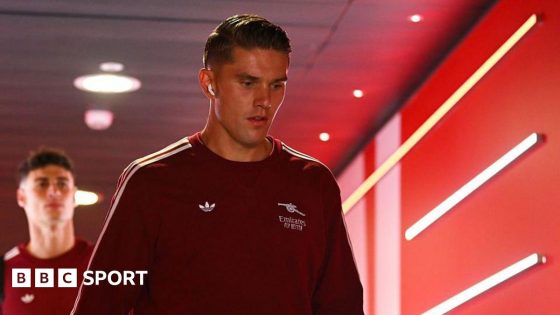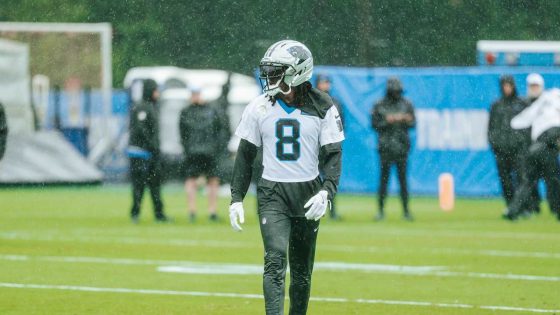The recent Super Bowl LIX halftime protest has sparked significant controversy in the sports world. During the event, Zul-Qarnain Kwame Nantambu, 41, displayed Palestinian and Sudanese flags, leading to his arrest later for resisting an officer and disturbing the peace. This incident has raised questions about the balance between free expression and maintaining order at major sporting events.
- Performer protested during Super Bowl halftime.
- Arrested for resisting officer and disturbing peace.
- Displayed Palestinian and Sudanese flags.
- Received lifetime ban from NFL events.
- Authorities confirmed disruption of lawful assembly.
- Claims involvement in Antonio Brown incident.
Initially, Nantambu was not arrested during the Super Bowl, but Louisiana State Police took action after the event. The NFL has responded firmly, emphasizing that any disruption during games will not be tolerated. As noted by NFL spokesman Brian McCarthy, the league is committed to ensuring that all aspects of the game, including halftime shows, proceed smoothly.
With the arrest occurring on 2025-06-27 00:31:00, the implications of this protest extend beyond just one individual. What does this mean for future protests at NFL events? Will other performers feel emboldened to speak out?
This incident raises important questions about the role of athletes and performers in social issues. As sports increasingly intersect with political movements, how should leagues respond to such demonstrations?
- Nantambu received a lifetime ban from NFL events.
- The NFL is reinforcing its stance against disruptions during games.
- Public reactions are mixed, with some supporting his right to protest.
- The incident may influence future protests at major sporting events.
Looking ahead, fans can expect heightened security measures at NFL events and possibly more discussions around the intersection of sports and activism. Will future halftime shows become platforms for social commentary?



